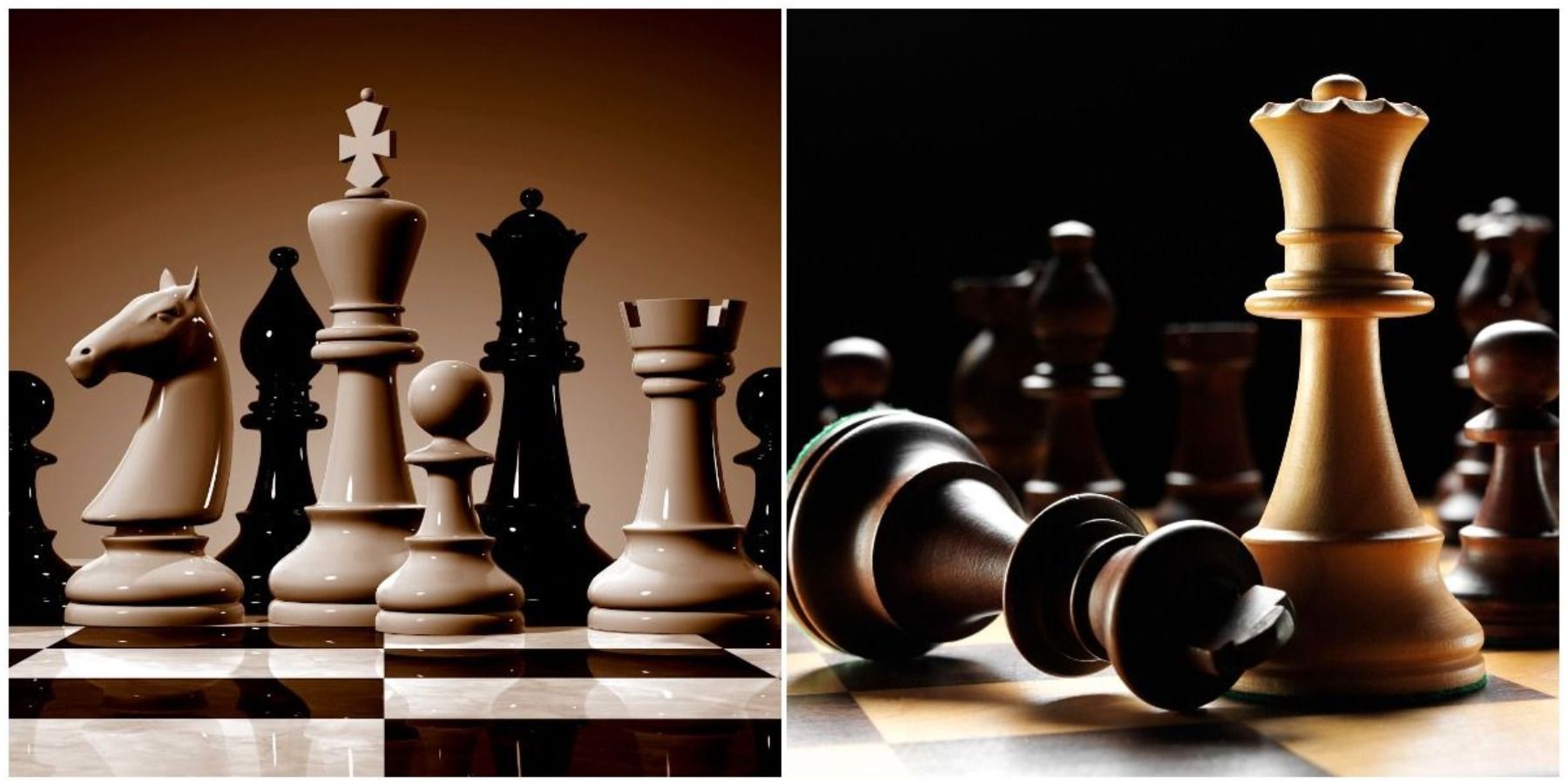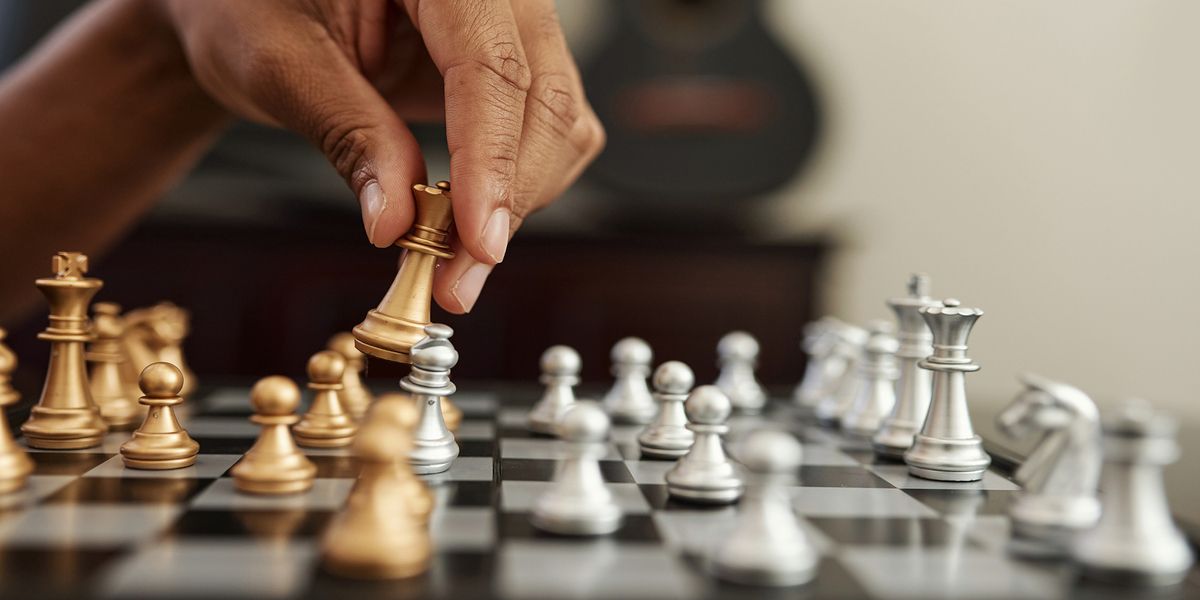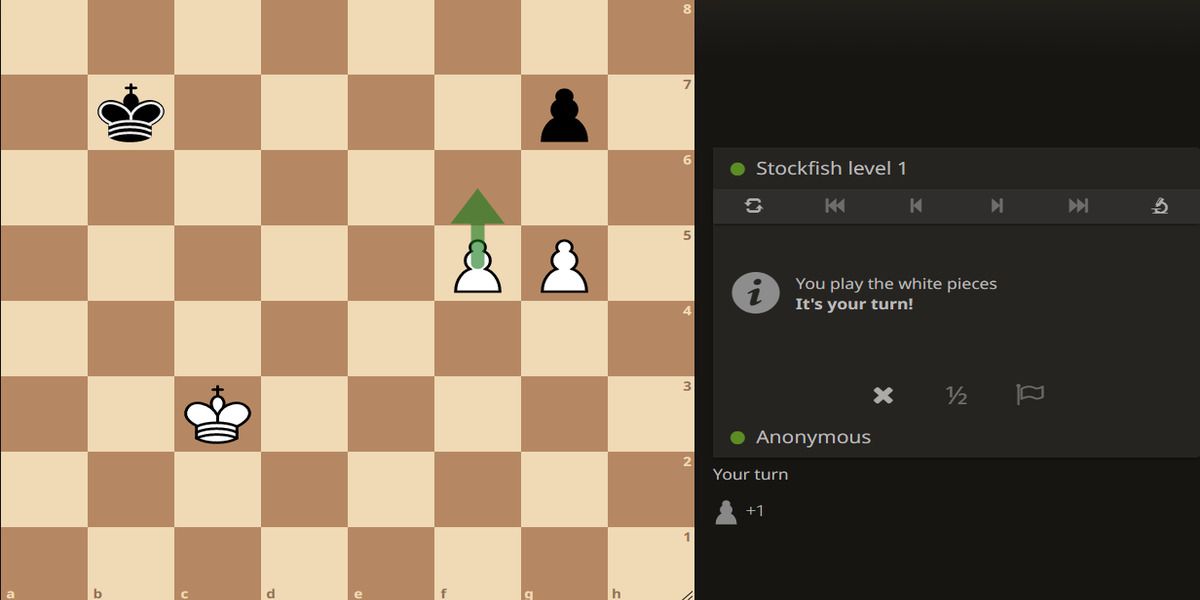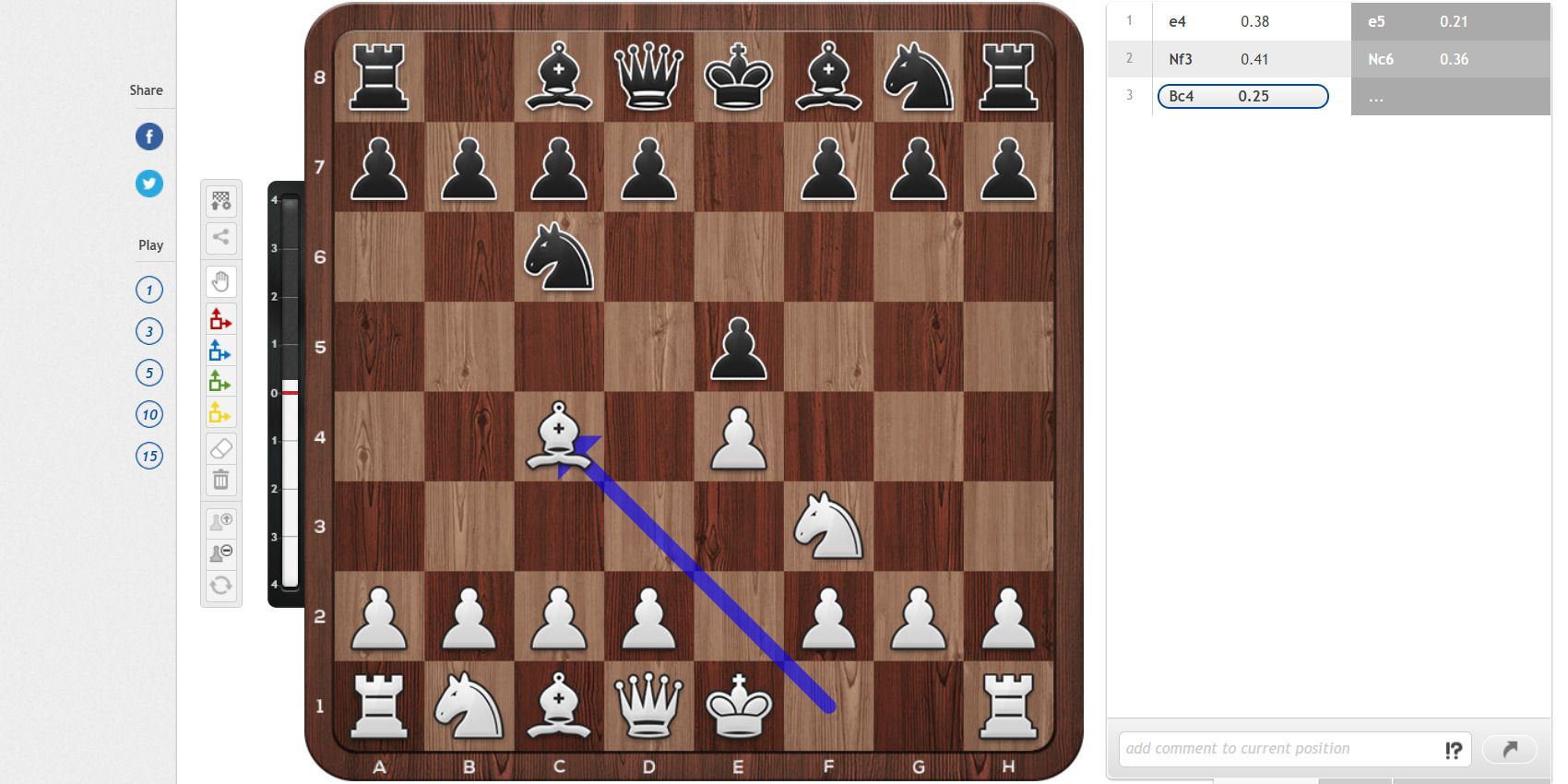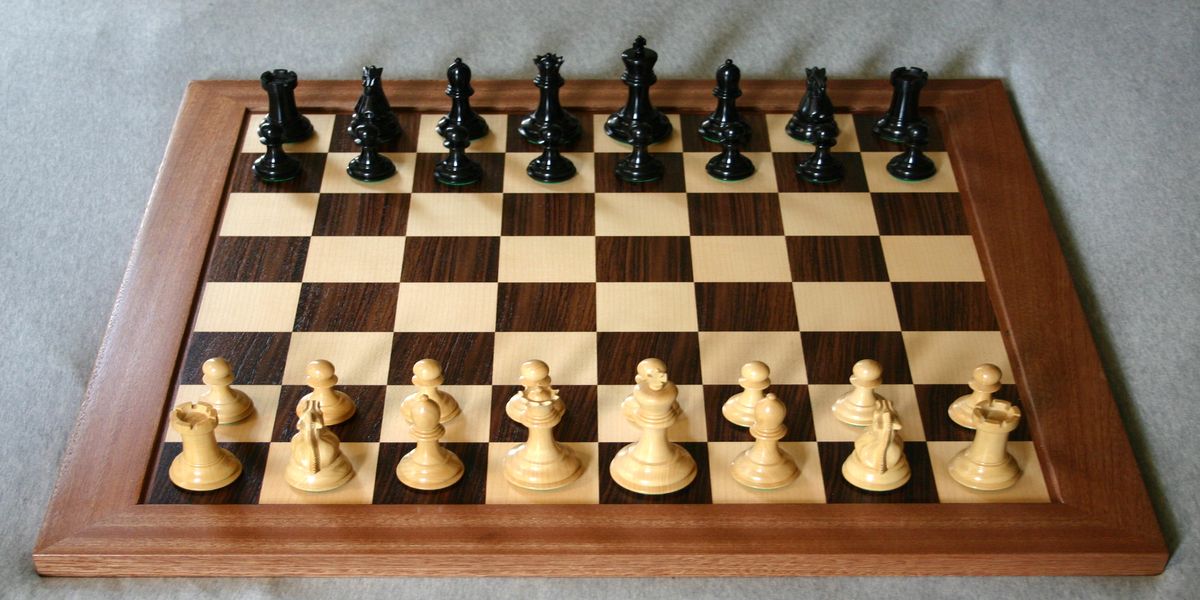The classic board game chess has recently enjoyed back-to-back spikes in popularity. The first came during COVID-related lockdowns, where numerous people began studying the game, and chess streamers like Gotham Chess, the Botez sisters, and Hikaru Nakamura burst into the public eye. The second spike in popularity, on the other hand, coincided with the release of the immensely popular Netflix series The Queen's Gambit.
Thousands of new people are delving into the sport of chess on a daily basis now and trying their hand at learning the many principles and theories that have been developed and fine-tuned since chess was first invented centuries ago. For new players who need some guidance, here are a few common beginner mistakes to avoid.
7 Moving The Queen Out Too Early
Considering that the queen is the most powerful piece on a chessboard, many new players think it's logical to bring it into the action as early as possible, like a sports team centering their play around their best player.
However, moving the queen out from the back ranks within the first handful of moves can immediately put players on the back foot. This is predominantly because players must ensure that their queen is well-protected at all times, so putting the queen in vulnerable positions can let the opponent safely attack the queen while developing their pieces, which will put them in a great starting position as their opponent struggles to do anything other than protect their queen.
6 Only Thinking About Attacks
Bringing the queen out too early is one of the many mistakes that new players make when they are focusing too much on attacking moves and neglecting their defenses. It's imperative that players check their king's safety before each and every turn while also trying to ensure that no pieces are left undefended. Although there are times when leaving a piece undefended can be advantageous, it's best for new players to constantly protect as many of their pieces as possible, as undefended pieces can lead to the opponent finding x-rays, forks, and skewers.
A good rule of thumb for new players is to ensure that the king is castled within ten moves. This won't always guarantee its safety, though it puts it in a far safer position than the center and also makes strides towards connecting the rooks.
5 Playing "Hope Chess"
"Hope Chess" is a term used to describe a common beginner mistake, where new players will make a move that only works if their opponent makes a bad move. This is an easy trap for new players to fall into, as they will often be playing people who are also beginners and will consequently make a lot of mistakes.
However, "hope chess" is a bad habit that needs to be kicked for two main reasons. Firstly, "hope chess" will often leave players in a bad spot if their opponent plays a good move; and secondly, it is counter-productive to the development of a player's overall game.
4 Neglecting Endgame Study
The endgame is the section of chess that beginners most often put off learning. They're not alone in this, however, as intermediate and even titled players also have a tendency to put off studying the end portion of the game. This is generally because most people consider the endgame to be the least exciting part of chess and also the hardest to study due to how dangerous just one bad move can be.
Moreover, for new players, the endgame is often an afterthought, as many of their games don't reach a competitive endgame. Still, new players should ensure that they don't neglect to study the final portion of the game, as it is where many matches will be won and lost at the intermediate level.
3 Focusing Too Much On Opening Study
On a similar note to new players neglecting endgame study, beginners often spend too much time studying openings. Although it's certainly worth learning a few openings as white and black and understanding how to avoid early checkmating patterns, new players shouldn't spend too much time on it. This is predominantly because there are so many moves, variations, and responses to learning that even grandmasters who have dedicated their lives to chess still have plenty of new things to learn about the first section of the game.
So while opening study is important, players should be careful not to let it consume their studies, as they will soon find themselves struggling in the mid-game.
2 Playing Too Many Pawn Moves
Despite their limited function, pawns are an incredibly important part of chess. They can become queens if they reach the other side of the board, they can protect more important pieces, and they can establish a foothold in the center of the board.
Despite this, playing too many pawn moves, especially in the opening, can make life very difficult in the mid-game. Instead of pushing pawn after pawn, players should treat their frontline pieces as a way to supplement the development of their knights, bishops, and eventually queen and rooks; otherwise, the opponent will soon be able to dominate the center of the board if they know what they're doing.
1 Becoming Frustrated At Slow Progress
One of the key reasons chess has outlasted so many other games is that it embodies the phrase "easy to learn, difficult to master." Despite the many centuries that people have been playing and studying chess, there is still so much for even the best players to learn.
Consequently, new players shouldn't fall into the trap of getting frustrated when they're finding it difficult to rise through the ranks of online ratings. It can take some people well over a hundred hours of play and study to move from beginner to intermediate levels, so new players need to remember to enjoy the game and treat every step of progress as a victory.

